HOW TO USE THIS ROUGH GUIDE eBOOK
This Rough Guide to Egypt is one of a new generation of informative and easy-to-use travel-guide eBooks thatguarantees you make the most of your trip. An essential tool for pre-trip planning, it also makes a great travelcompanion when youre on the road.
From the fills you in on history, Islam, Egyptian music and books.
Detailed area maps can be found both at the relevantpoint in the guide and in the ,accessible from the table of contents for easy reference.Depending on your hardware, you will be able to double-tap on the maps to see larger-scale versions fill your screen. Some of our more detailed maps have been split in two so you can zoom in on the each half individually. Use of the screen-lock function on your device is recommended for viewing enlarged maps.
Throughout the guide, weve flagged up our favourite places- a perfectly sited hotel, an atmospheric caf, a special restaurant - with the author pick icon  . You can select your own favourites and create a personalized itinerary by bookmarking the sights, venues and activities that are of interest, giving you the quickest possible access to everything youll need for your time away.
. You can select your own favourites and create a personalized itinerary by bookmarking the sights, venues and activities that are of interest, giving you the quickest possible access to everything youll need for your time away.
INTRODUCTION TO EGYPT
Egypt is the oldest tourist destination on earth. Ancient Greeks andRomans started the trend, coming to goggle at the cyclopean scale of the Pyramidsand the Colossi of Thebes. During colonial times, Napoleon and the British lootedEgypts treasures to fill their national museums, sparking off a trickle of GrandTourists that eventually became a flood of travellers, taken on Nile cruises andEgyptological lectures by the enterprising Thomas Cook. Today, the attractions ofthe country are not only the monuments of the Nile Valley and the souks, mosques andmadrassas of Islamic Cairo, but also fantastic coral reefs and tropical fish, dunes,ancient fortresses, monasteries and prehistoric rock art.
The land itself is a freak of nature, its lifeblood the River Nile. From theSudanese border to the shores of the Mediterranean, the Nile Valley and its Deltaare flanked by arid wastes, the latter as empty as the former are teeming withpeople. This stark duality between fertility and desolation is fundamental toEgypts character and has shaped its development since prehistoric times, impartingcontinuity to diverse cultures and peoples over seven millennia. It is a sense ofpermanence and timelessness that is buttressed by religion, which pervades every aspect of life. Although the pagan cults ofancient Egypt are as moribund as its legacy of mummies and temples, their ancientfertility rites and processions of boats still hold their place in the celebrationsof Islam and Christianity.
The result is a multi-layered culture, which seems toaccord equal respect to ancient and modern. The peasants of the Nile and the Bedouintribes of the desert live much as their ancestors did a thousand years ago. Othercommunities include the Nubians of the far south, and the Coptic Christians, whotrace their ancestry back to pharaonic times. What unites them is a love of theirhomeland, extended family ties, dignity, warmth and hospitality towards strangers.Though most visitors are drawn to Egypt by its monuments, the enduring memory islikely to be of its people and their way of life.
FACT FILE
- The Arab Republic of Egypt covers 1,001,450 square kilometres, but96.4 percent of that is desert. Only the NileValley, its Delta and some oases are fertile.
- Egypts population of 83.7 million is overtwice that of the next most populous Arab country (Algeria) and aquarter of the population of the Arab world. 71 percent of Egyptians areliterate. Average life expectancy is 73 years.
- Islam is the biggest religion, and some ninetypercent of Egyptians are Muslim; most of the rest are Coptic Christians, with a small number ofother Christians, and a tiny but ancient Jewish community.
- All Egyptians speak Arabic, but there areother Egyptian languages too: Nubian,related to the Nilotic languages of East Africa, is spoken around Aswanand Lake Nasser; Siwi, a Berber languagelike those of Morocco and Algeria, is spoken in Siwa Oasis; and Coptic, which is derived from ancientEgyptian, is used in church services, but not otherwise.
- Since the monarchy was ousted in 1952, Egypt has been a republic, ruled by a succession of militarystrongmen up until the 2011 revolution that overthrew Hosni Mubarak.Elections in 2012 resulted in an Islamist government under President Mohammed Morsi. The MuslimBrotherhoods Freedom and Justice Party is the largest in parliament,followed by the Salafist Al-Nour party, the liberal Wafd party andEgyptian Bloc.
- Tourism has long been Egypts biggestmoney-earner, followed by tolls on the Suez Canal, and exports of oil,petroleum products, natural gas, cotton and textiles. Over forty percentof the population lives below the poverty line, and the economy would collapse without $2 billion a year infinancial and food-aid from the US.
Where to go
Egypts capital, Cairo, is a seethingmegalopolis whose chief sightseeing appeal lies in its bazaars and medieval mosques, thoughthere is scarcely less fascination in its juxtapositions of medieval and modernlife, the citys fortified gates, villas and skyscrapers interwoven by flyoverswhose traffic may be halted by donkey carts. The immensity and diversity of thisMother of Cities is as staggering as anything youll encounter in Egypt. Justoutside Cairo are the first of the pyramids that range across the desert to theedge of the Fayoum, among them the unsurpassable trio at Giza, the vast necropolis of Saqqara and the pyramids at Dahshur. Besides all this, there are superb museums devoted to Ancient, Coptic and Islamic Egypt, and enoughentertainment to occupy weeks of your time.
However, the principal tourist lure remains, as ever, the Nile Valley, with its ancient monuments and timelessriver vistas Nile cruises on a luxury vessel or a felucca sailboat being agreat way to combine the two. The town of Luxoris synonymous with the magnificent temples of Karnak and the Theban Necropolis,which includes the Valley of the Kings whereTutankhamun and other pharaohs were buried. Aswan, Egypts southernmost city, has the loveliest setting on theNile and a languorous ambience. From here, you can visit the island Philae temple of Isis and the rock-hewn colossi atAbu Simbel, or embark on a cruise to other templesaround Lake Nasser. Other sites not to be missedare Edfu and KomOmbo, between Luxor and Aswan, and Abydos and Dendara, north ofLuxor.
Besides monuments, Egypt abounds in natural wonders. Edged by coral reefsteeming with tropical fish, the


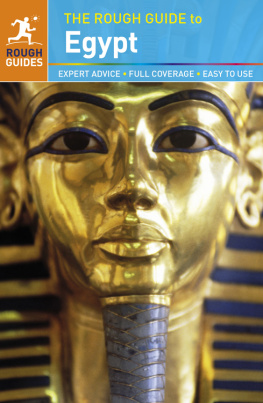
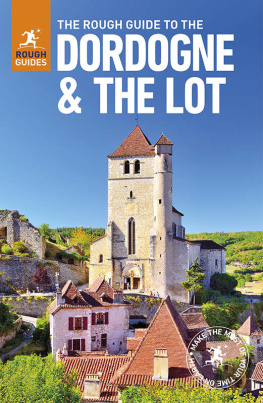
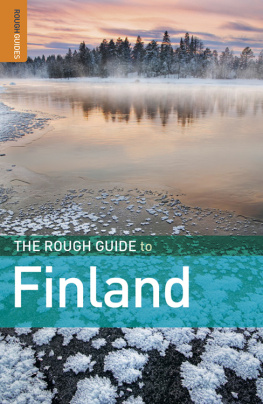
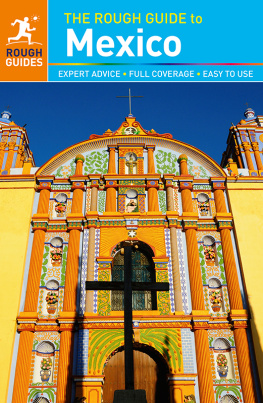
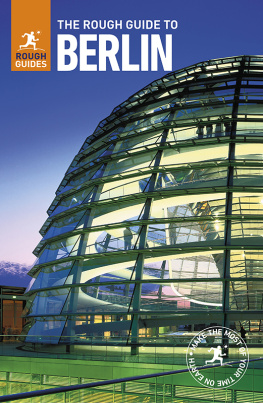
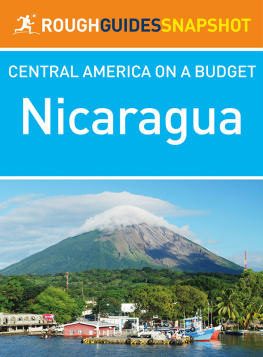
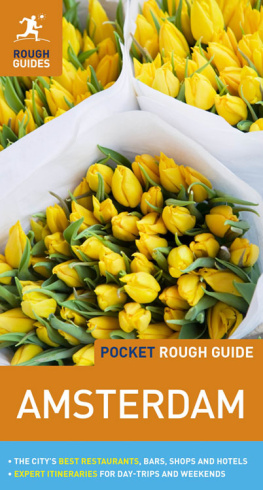
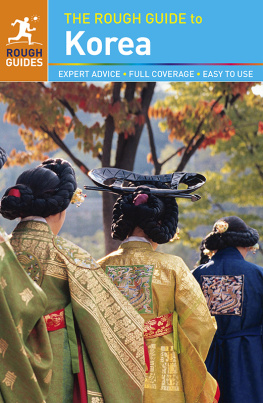
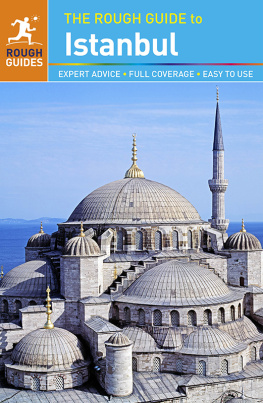
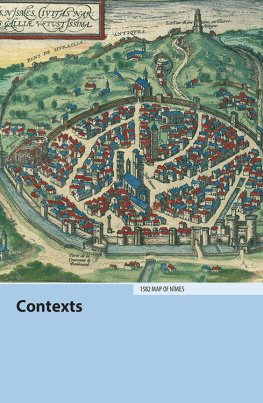
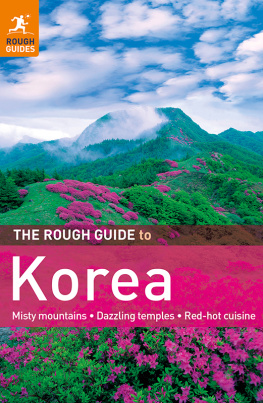
 . You can select your own favourites and create a personalized itinerary by bookmarking the sights, venues and activities that are of interest, giving you the quickest possible access to everything youll need for your time away.
. You can select your own favourites and create a personalized itinerary by bookmarking the sights, venues and activities that are of interest, giving you the quickest possible access to everything youll need for your time away.


